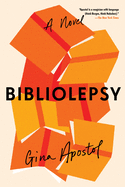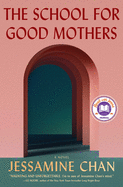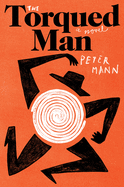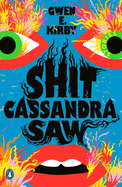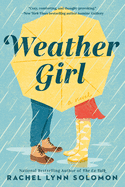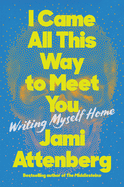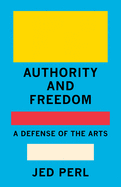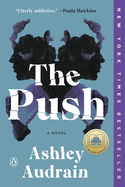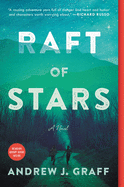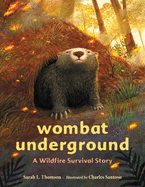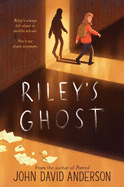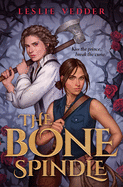_Beowulf_Sheehan.jpg) |
| photo: Beowulf Sheehan |
Jessamine Chan, a former book review editor at Publishers Weekly, has had short stories published in Tin House and Epoch. She lives in Philadelphia with her husband and daughter. Her debut novel, The School for Good Mothers (reviewed below), is an imaginative and chilling depiction of a dystopian future where society's hypervigilance and surveillance is particularly brutal on new mothers.
This is such an unusual and gripping novel. I found myself thinking about the plot, the imagery and the issues long after I had finished it. What inspired you to tell this story?
First, thank you for reading and spreading the word! Hearing that my work has made a lasting impression is so satisfying. This story emerged from a few different threads of inspiration. When I started the project in 2014, my partner and I were trying to decide whether to have a baby, so I was ruminating on motherhood with great anxiety and ambivalence. Around that time, I happened to read a nonfiction article about one mother's struggle to regain custody of her toddler son after leaving him home alone, and her nightmarish experience with the family court system. The story lingered in my mind. I felt so much rage on the mother's behalf. In addition to the way she was treated, the way that Child Protective Services--and everyone working for the state--spoke to that mother, and the way they talked about parenting, sounded cold and clinical to me, almost like science fiction.
How did the plot come to you? Was it prompted by real-life news or current events?
The book's plot came to me on one really good writing day, where I wrote feverishly for six hours and wound up with the foundation for the book. From that day's scribbling, I had Frida's whole arc, all the main characters, the school, the tech elements and, most importantly, the voice. I wish I could say I sat down with a plan, but I tend to write toward a feeling or image, or even by just playing around with sentences and following the lines until I hit upon a cool idea. The inciting incident was inspired, on a subconscious level, by a story I'd read in the New Yorker, but once I started reading about parents who got in trouble with CPS, I found that this story was one of many, whereby one misstep can change your life.
What inspired you to set this novel in a dystopian future with speculative elements, and how did that aid in the storytelling?
I was interested in using speculative elements to raise the stakes and hopefully see our current reality more clearly. While I was writing, I didn't spend much time dwelling on the "why" of it all and just followed my crazy ideas to their conclusion. There's a note on my bulletin board from a workshop teacher, Percival Everett, that says: "Don't worry about what it means. Just make the world. Keep making the world." Though this book has big themes, I don't think about theme when I'm drafting. I write almost entirely from instinct.
The surveillance in my book is based on the feeling of being watched and judged by other parents, and thus, society. For example, I remember one impasse I had with my daughter where she did the "protestor resisting arrest" move on the sidewalk and simply wouldn't budge or get in her stroller. I felt the eyes of West Philly on me as she screamed and I implored her to cooperate, alternating between a raised voice and a lot of begging. It was not my best parenting moment. I wanted to take that feeling of being monitored and make it literal, using imaginary future technology.
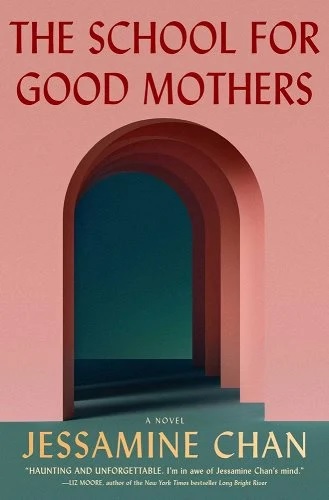 As the daughter of Chinese immigrants, how did your upbringing influence your perception of the idealized American family and guide your shaping of the characters?
As the daughter of Chinese immigrants, how did your upbringing influence your perception of the idealized American family and guide your shaping of the characters?
As a child of the '80s and early '90s, growing up in a mostly white community in suburban Chicago, I was always aware that my Chinese family was different, and that I was different. We always had at least one grandparent living with us, and almost all our socializing was with my aunts, uncles and cousins. If there were problems, such as a grandparent in the hospital, we banded together. The sense of duty to elders is just one of many differences. I'm writing about American parenting from an outsider's perspective. Perhaps that's one reason I felt free to make things strange. As the years went on, I explored Frida's Chinese identity more and more, especially as she relates to the other mothers at the school. Knowing that I was creating the complicated, thorny and flawed Chinese American heroine I always wanted to read helped me stay motivated to finish the book.
You discuss themes of race and class. To what degree do you feel those are drivers of the characters' actions or experiences?
I'm not sure that race and class drive the characters' actions, but I do think they impact the characters' experiences. It's hard to think of any parenting decision that can be completely disentangled from one's race and class. Though I'm hesitant to make sweeping pronouncements, and shy away from fiction that does, I wanted to raise questions about the ways mothers from different backgrounds are surveilled or judged. In the real world, someone like Frida would not be as likely to be caught or punished. Her race and social class would likely afford her a certain invisibility to the authorities. I also wanted to call attention to the fact that any "universal" standard of parenting is inherently biased, because how can any standard take into account all the differences in race, class, culture and life circumstances?
What kind of stress do you think society's unrealistic expectations or constant surveillance place on new mothers?
What's especially troubling is that everyone is talking about the unreasonable pressures that mothers face, but little is actually changing in terms of resources or policy. It's hard to quantify the impact of expectations or the feeling of being watched or the feeling that you have to act like everything is perfect, because it's just there. How are you supposed to tune those messages out? I was reading books about this very issue, so I was aware that these cultural pressures (the "cult of motherhood") would add nothing good to my life, but I couldn't escape those feelings of inadequacy.
During my first year of motherhood, one week sometimes felt like a single long day. But in addition to just surviving, I was constantly judging myself by external measures, including whether I was happy during every single moment, because the message I was getting from society was that if I ever felt frustrated or bored, that meant I was doing something wrong. I wish all mothers could be free from the added stress of such impossible expectations.
How do you think society could better support new mothers?
If this were a country with just family leave policies, government-sponsored childcare, universal pre-K and more jobs that paid a living wage, I think the experience of motherhood, and parenthood in general, would be very different. The novelist Lydia Kiesling recently posted a great tweet noting that one hour of most jobs doesn't pay for one hour of childcare. So much of the burden is placed on individual families, but the problems are systemic and, unfortunately, most of the people making policy decisions are men. --Grace Rajendran, freelance reviewer and literary events producer
Jessamine Chan: When the Village Becomes a Surveillance State
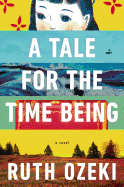 A trusted bookseller recommended Ruth Ozeki's A Tale for the Time Being (Penguin, $18) four years ago. The book came home with me and vanished in the drift of my to-be-read pile. A year ago, I finally shouldered aside the others and inhaled the whole delicious story in two days. The tale of teenaged Nao braids into the life of the prickly character Ruth, an American novelist who becomes increasingly invested in Nao's discovered diary. This tethered relationship magnifies the involvement between character, author and reader. I was hooked.
A trusted bookseller recommended Ruth Ozeki's A Tale for the Time Being (Penguin, $18) four years ago. The book came home with me and vanished in the drift of my to-be-read pile. A year ago, I finally shouldered aside the others and inhaled the whole delicious story in two days. The tale of teenaged Nao braids into the life of the prickly character Ruth, an American novelist who becomes increasingly invested in Nao's discovered diary. This tethered relationship magnifies the involvement between character, author and reader. I was hooked.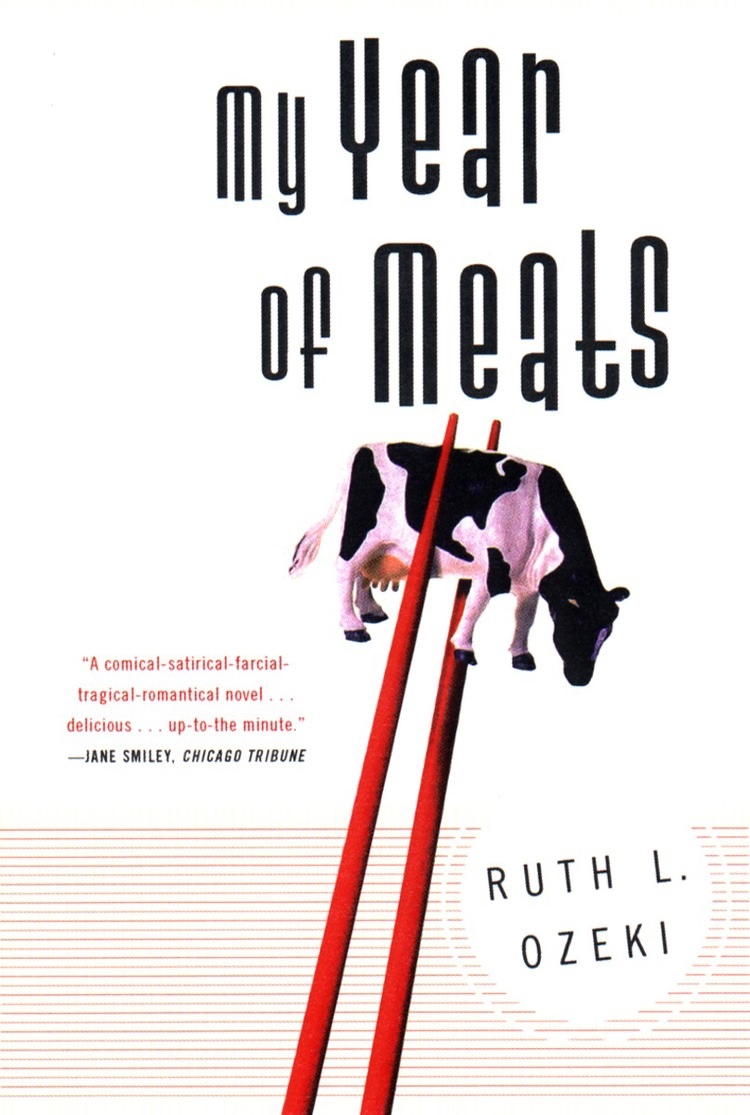 Ozeki is forthright, and her characters unflinchingly able to sabotage themselves and discover wonders. I paced myself through the rest of her books. In spring, I read her first novel, My Year of Meats (Penguin, $18), a richly narrative undressing of the meat industry and reality television, still timely. In summer, it was All Over Creation (Penguin, $18), which also addressed food and human frailty, specifically genetically modified foods and people who push for and against them.
Ozeki is forthright, and her characters unflinchingly able to sabotage themselves and discover wonders. I paced myself through the rest of her books. In spring, I read her first novel, My Year of Meats (Penguin, $18), a richly narrative undressing of the meat industry and reality television, still timely. In summer, it was All Over Creation (Penguin, $18), which also addressed food and human frailty, specifically genetically modified foods and people who push for and against them.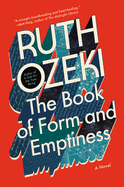 Even more prevalent than her food politics is Ozeki's ability to write about families. Her characters are authentic and recognizable. They're messy families coping with estrangement and aging, in All Over Creation, or mental health and loss, in A Tale for the Time Being and in her newest novel, The Book of Form and Emptiness (Viking, $30)--my autumn read. Ozeki feels present in this recent book--a Hitchcockian cameo in the library beside the narrator.
Even more prevalent than her food politics is Ozeki's ability to write about families. Her characters are authentic and recognizable. They're messy families coping with estrangement and aging, in All Over Creation, or mental health and loss, in A Tale for the Time Being and in her newest novel, The Book of Form and Emptiness (Viking, $30)--my autumn read. Ozeki feels present in this recent book--a Hitchcockian cameo in the library beside the narrator.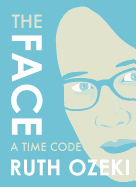 The Face: A Time Code (Restless, $12.99) is her only nonfiction book. In this meditative essay about a three-hour-long self-stare-down, Ozeki writes that characteristics of ancestors and influences of strangers are all reflected in her face: "The light and shadow are here, too, the joys, anxieties, griefs, vanities and laughter." All of which are reflected in her books, too. --Kristianne Huntsberger, partnership program manager, Shelf Awareness
The Face: A Time Code (Restless, $12.99) is her only nonfiction book. In this meditative essay about a three-hour-long self-stare-down, Ozeki writes that characteristics of ancestors and influences of strangers are all reflected in her face: "The light and shadow are here, too, the joys, anxieties, griefs, vanities and laughter." All of which are reflected in her books, too. --Kristianne Huntsberger, partnership program manager, Shelf Awareness


_Beowulf_Sheehan.jpg)
 As the daughter of Chinese immigrants, how did your upbringing influence your perception of the idealized American family and guide your shaping of the characters?
As the daughter of Chinese immigrants, how did your upbringing influence your perception of the idealized American family and guide your shaping of the characters?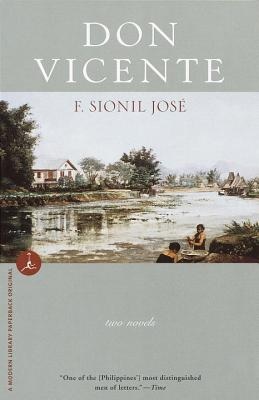 F. Sionil José, the author of "a dozen socially engaged novels and countless short stories and essays who was sometimes called the grand old man of Philippine letters and even the conscience of his nation," died January 6 at age 97, the
F. Sionil José, the author of "a dozen socially engaged novels and countless short stories and essays who was sometimes called the grand old man of Philippine letters and even the conscience of his nation," died January 6 at age 97, the 